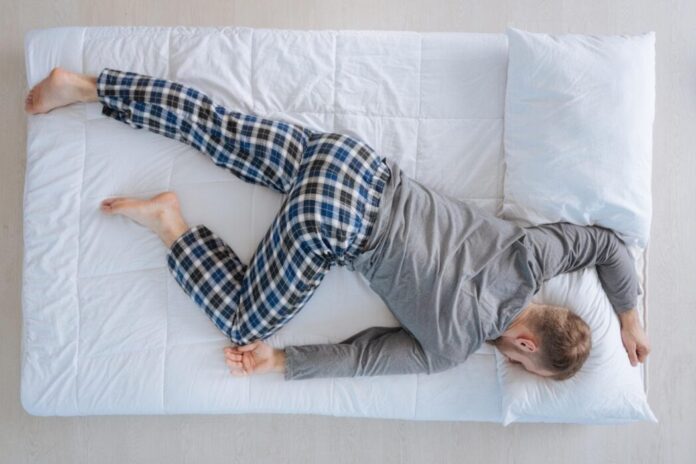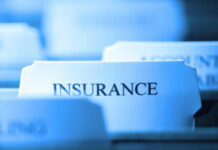If you have a motorcycle, you probably enjoy riding it. While it’s not the safest transportation method, some riders love them, and they wouldn’t trade in the experience for anything. Often, they crave the freedom, the wind flying past their faces as they cruise the highways and backroads.
However, you should know that motorcycle accidents happen fairly often, and you should understand what to do if one occurs. If you have a plan, then when the unexpected happens, you can run down this list and have the best possible outcome.
Call 911
One thing it’s smart to do is to always have a cellphone on you when you go riding. This way, if you do get in a wreck, you can call for help.
You can use your smartphone to call 911 if you get in an accident. The operator can contact the police,
as well as the nearest hospital, if you need one. You are 5 times more likely to be injured in a crash if you’re motorcycle riding versus if you’re driving a car.
Once you call 911:
- The police should arrive soon
- The ambulance should get there quickly
At that point, you can get medical attention if you need it. If you don’t, you can explain to the police what happened so they can file their report. If you’re not physically able to call 911, the other driver or a pedestrian might do it.
Tell the Police What Occurred
When the police arrive, assuming you have not sustained a severe injury, you’ll have to talk to them. They need all the accident details. You should:
- Not omit anything that happened
- Not attempt to change any details
Maybe what happened was your fault, or perhaps it’s was the other driver’s fault, assuming you hit another vehicle. However, you should tell the police the truth.
If you lie, they can usually reconstruct the crash afterward and tell what happened. It’s the same for the other vehicle operator. If they try to dispute your account, an accident reconstructionist can figure out who’s lying.
The police might give you a breathalyzer if they think you’ve been drinking. They also might ask eyewitnesses to fill in some details if they feel you’re holding anything back.
See the Motorcycle Damage
Next, you can look at your motorcycle and see how bad it’s damaged. If you need to get it off the road, you can do that.
You can look it over and see if it’s still safe for you to ride. If it isn’t, you’ll probably have to call a tow truck. They can load up the motorcycle and take it to the nearest mechanic who knows how to fix it.
If you can’t ride the damaged motorcycle, you’ll have to arrange transportation home as well. You might call a ride share vehicle like an Uber or a Lyft.
Usually, the tow truck driver might give you a lift home. However, at the moment, some of them won’t do that because of Covid-19 concerns. They probably won’t want you riding up front right next to them.
Exchange Insurance Information
If you didn’t hit another vehicle or another vehicle didn’t hit you, you can skip this part. If you collided with another motorcycle, a car, truck, etc., you need to get the driver’s insurance information, and you need to give them yours.
You also need their name and phone number. You might have to talk to them later if you need further details.
It could be that the other driver is upset about what happened. Maybe they feel like you did something wrong that caused the crash. They might be irate and threaten you.
If this occurs, the best thing to do is try to talk them down and defuse the situation. Whether it was your fault or not does not matter. You don’t want to hit them or have them hit you.
Hopefully, they will get control of themselves if there are other witnesses around. Once the police arrive, they can talk to each one of you separately. Maybe by then, the other driver’s temper will have cooled.
Contact Your Insurance Company
Once you’re safely back at home, you need to call your insurance company. You can tell them about what happened, and they will advise you as to what you need to do. You might need to contact a lawyer too if the other driver decides to pursue a civil case against you because of what happened.


















